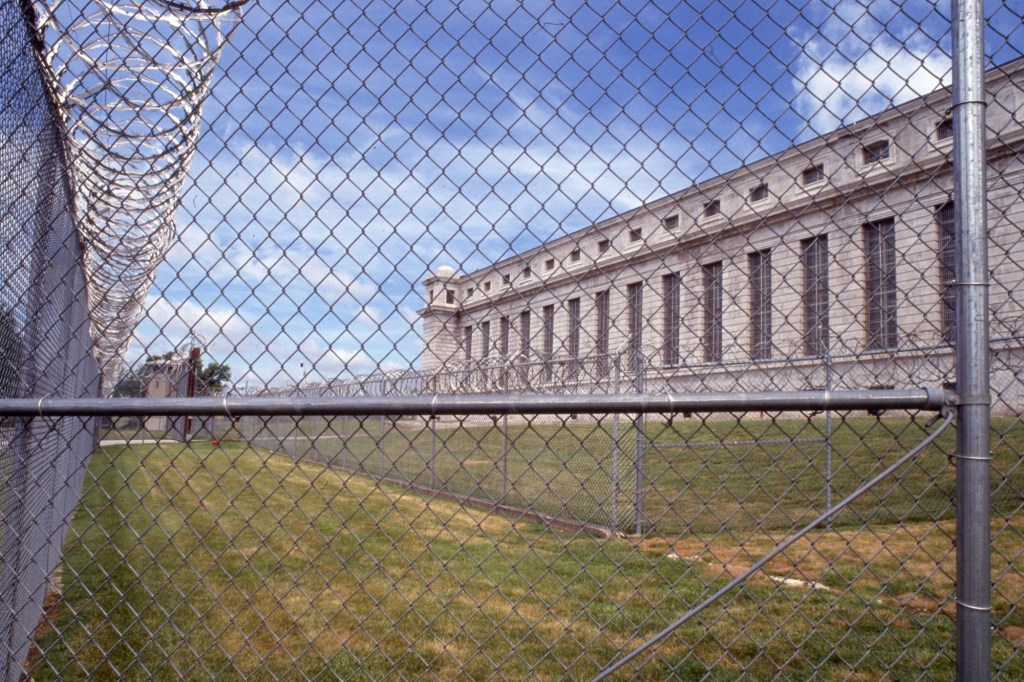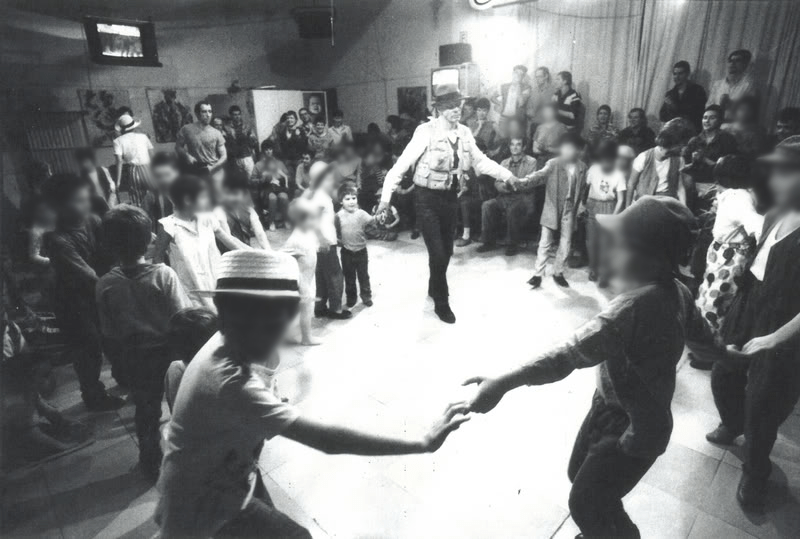The Chinese government is ordering schools to drastically cut the number of exams, as part of the state’s sweeping reform to ease the burden on students.
China’s education ministry said on Monday that primary school students should not be asked to take written exams in the first and second grades, while older pupils could be given only one exam at the end of every semester.
Videos by VICE
The policy is being imposed as part of a broader state initiative to reduce students’ academic load, the ministry said in an online statement. In July, the government announced a ban on for-profit afterschool tutoring, which helps students get ahead in subjects like mathematics and English. The ban has caused a stock market sell-off and a wave of lay-offs in the once-lucrative education industry.
The government said the goal is to take some pressure off students, cut their parents’ education spending, and ensure children’s healthy growth. Some analysts have said authorities also wanted to strengthen the dominance of public schools and encourage people to have more children.
Under the new policy, all primary and middle schools will be banned from giving weekly or monthly exams or organizing regular assessments on every teaching unit—a common practice in the past. The end-of-semester exams should focus on “basic knowledge” and not be too difficult, according to the education ministry.
Teachers should not rank students according to their test results, publicize the scores in parents’ chat groups, or arrange students’ seats depending on the scores, the ministry said. It said schools should adopt innovative ways, such as artificial intelligence and big data, to assess students’ performances in a wide range of areas, including sports, arts and morality.
These measures run against a longstanding tradition in Chinese schools, where students are frequently tested and ranked so they are better prepared for a grueling college entrance exam that comes at the end of high school.
Giving exams is also widely believed to be the most effective way of making sure students have grasped what they have been taught in class.
The policy has triggered a backlash on the internet, as people question if it will only make the lives of students, parents, and teachers more difficult, given the intense competition to get into better high schools and universities.
“How do we find out their study progress if we cannot test them?” said one of the top-voted comments under a state media post on the microblogging site Weibo. The critical comments were later removed.
Some parents said they would have to arrange their own exams at home to make sure their children are keeping up with school.
“Primary school is for laying the foundation,” another Weibo user commented. “If children cannot learn and get used to written tests at this time, and are not able to catch up later, whose responsibility is that?”
Most young workers in China grew up under an exam-obsessed education system, and some are skeptical that the new measures could be enforced: at the end of the day, students have to be ranked to determine who can enter the elite universities.
“If a child cannot cope with exam rankings, how do they cope with the tougher challenges in life?” an internet user commented.
Follow Viola Zhou on Twitter.
More
From VICE
-

Leavenworth Penitentiary in Kansas. Photo by Kevin McKiernan/ZUMA Press Wire/Shutterstock. -

Dave Decker/Shutterstock -

Photo by Paul Brown/Shutterstock -

Children at the Friedrichshof Commune dance with renowned artist Joseph Beuys. Inka, aged four, holds his right hand.


